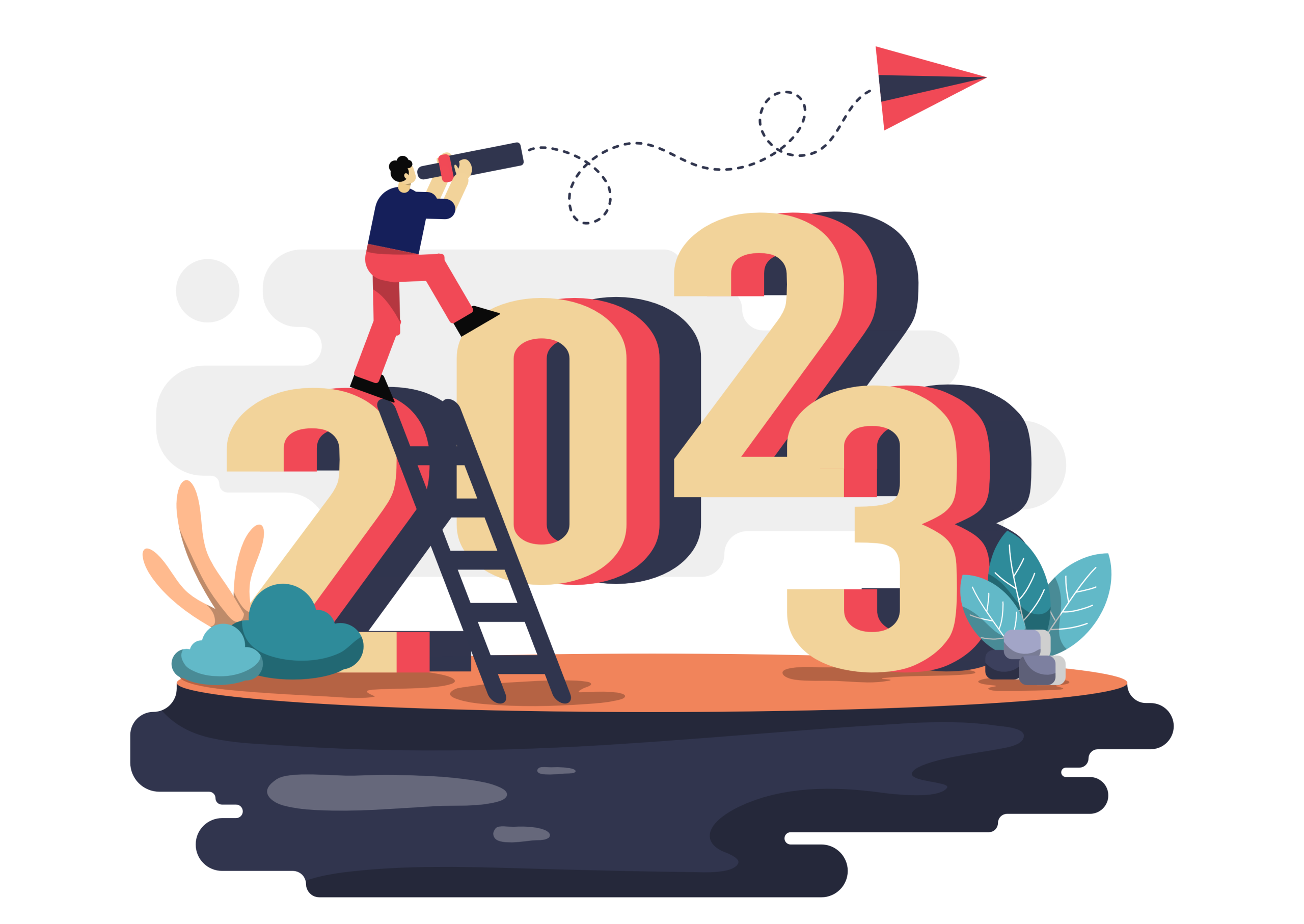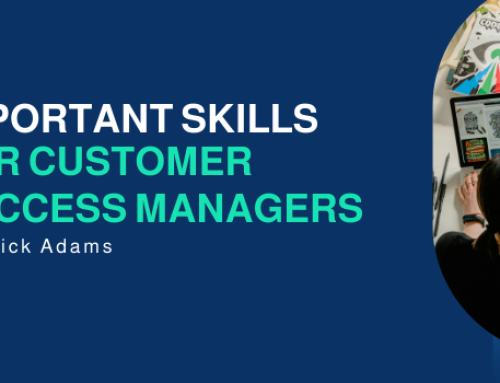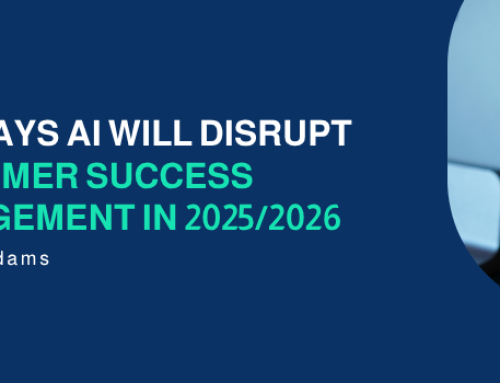2023 for Customer Success Management
What Customer Success professionals should look forward to this 2023?
Customer Success has come a long way since its inception. In 2023, Customer Success Management will be more developed and widespread than ever before. Training and certification programs in Customer Success are expected to become increasingly popular as Companies focus on retaining customers through improved customer experience initiatives. Predictions for this emerging field include AI-driven automation becoming routine; companies investing heavily into CSM technology stack toolsets; data analytics taking center stage when it comes to understanding user behavior patterns; remote workforces being commonplace across both corporate giants and small businesses alike, with automated onboarding processes aiding their effectiveness at scale – just some of the changes we can expect by 2023!
Why can we expect growth from Customer Success?
Customer Success has been steadily increasing for the past three years as more companies recognize its potential and invest in it. In 2020, Customer Success saw a 10% increase in growth compared to 2019, followed by an additional 20% increase in 2021. At the close of 2022, a report from 2022 Customer Success Year in Review – News, Resources & Trends showed that 73% of customers expect companies can reach their unique expectations – indicating an increasing importance of Customer Success.
The data from 2020 and 2021 demonstrate that Customer Success is becoming an increasingly essential part of customer retention strategies for businesses around the world. Companies are investing heavily in CSM technology stack toolsets and AI-driven automation to make their services more efficient and effective. The rapid adoption of remote working has also impacted Customer Success initiatives, as automated onboarding processes allow organizations to manage large virtual teams effectively at scale.
In 2023, we expect Customer Success to become commonplace across corporate giants and small businesses. Data analytics will become even more critical when understanding user behavior patterns; this will be further bolstered by advances such as AI-driven customer segmentation models and predictive analytics capabilities. Additionally, training and certification programs in Customer Success are likely to expand exponentially as companies realize the importance of providing customers with high-quality service experiences that promote loyalty and engagement.
Ultimately, this trend towards stronger investment into Customer Success is expected to continue over the next few years – a testament to its increasing relevance for businesses across all industries. With more companies now recognizing the importance of better understanding their customer’s needs and preferences through innovative technologies like AI-driven automation, data analytics, and remote onboarding processes – 2023 promises to be an exciting year for Customer Success professionals! The Customer Success industry is evolving rapidly, and technology advancements are shifting how organizations manage customer relationships. It is becoming increasingly important for companies to provide an outstanding customer experience and successful onboarding processes to retain customers and keep them engaged.
How will Customer Success grow in 2023?
As we move into the future of Customer Success, some trends will continue to shape the industry. A recent article published about the 12 Predictions for Customer Success in 2023 discussed how CS Teams can be expected to grow and how customers will now become a source of revenue for organizations through Customer Success efforts. In 2023 we can expect to see the following:
1. Increased Integration of Artificial Intelligence (AI) and Machine Learning (ML) into Customer Success tools and processes – AI/ML will automate customer support tasks, predict churn rates, identify upsell opportunities, and provide customer engagement strategies.
2. The Emergence of Hyper-Personalized Experiences – Customer Success teams will use data-driven insights to create hyper-personalized experiences tailored to each customer’s unique needs.
3. A Shift Toward Proactive Engagement – Companies will focus on building long-term customer relationships by providing proactive engagement strategies that anticipate their needs before they become issues. This could include regular check-ins, tailored recommendations, and proactive support from CSMs.
4. Automation & Self-Service Options – Customers should be enabled by self-service options such as live chatbots or automated email campaigns, allowing them to quickly access answers without needing direct help from a customer service representative.
5. Emphasis on Data Quality & Collection – As customer data becomes increasingly important for companies looking to provide the best possible customer experience, collecting high-quality data on customers’ behavior and preferences will increase dramatically over the next few years.
6. Expansion of Online Communities – Online communities such as Facebook Groups or Reddit forums offer great opportunities for companies to engage with their customers in an informal setting while gathering valuable feedback on their products or services. Companies will increasingly rely on online communities for feedback regarding product updates or new features, allowing them to understand what works for customers and what needs improvement quickly
7. More Focus On Employee Training & Certification– Companies should invest in training programs that ensure all staff members have the necessary skillset required for successful customer management in 2023, as Customer Success is expected to be more skill-focused in the coming year.
8. Functional Specialization – As Customer Success evolves, there will be increased functional specialization within teams; roles such as Growth Managers or Retention Experts may become commonplace amongst CS teams in 2023 due to their ability to drive a successful strategy in conjunction with Product Managers, Marketing Specialists, etc., as well as an increase in leadership roles in Customer Success.
9. Increased Investment In Professional Development & Coaching – Given the need for highly trained staff members, companies should also invest more heavily into professional development initiatives such as certification courses or external coaching groups which offer advice regarding optimizing customer interactions or scaling up teams efficiently over time.
10. Rise Of Digital Platforms For Cross-Channel Collaboration And Knowledge Sharing – We can expect a rise in digital collaboration platforms that enable streamlined cross-channel communication between departments (i.e., sales representatives, marketing executives, etc.), allowing knowledge sharing across all areas of an organization.






Leave A Comment
You must be logged in to post a comment.